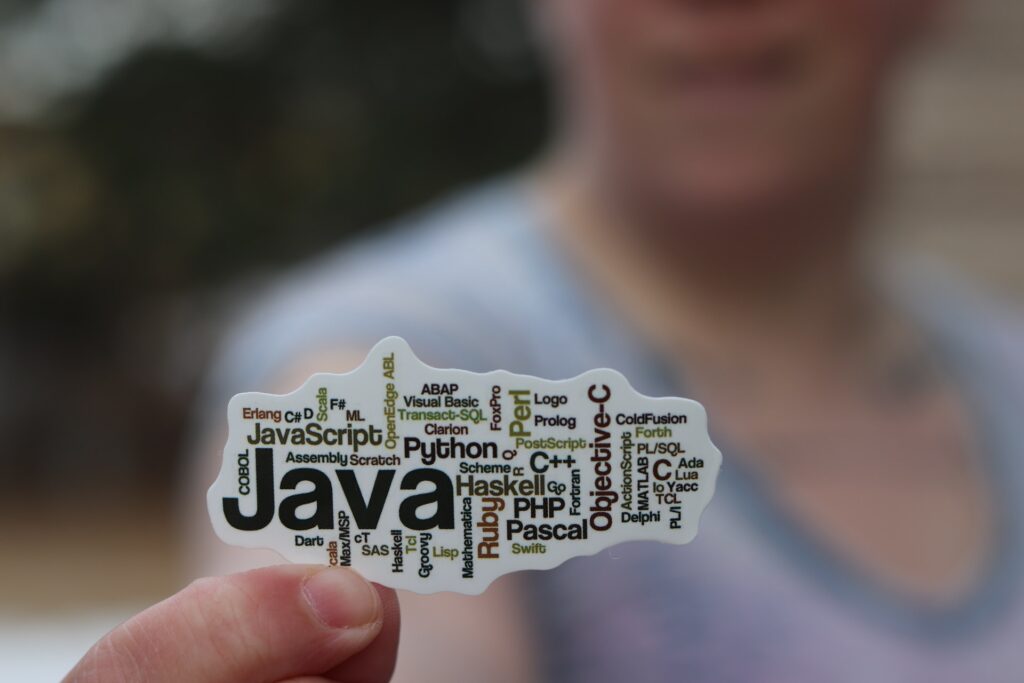Ethereum is an open-source, decentralized blockchain that allows users from around the world to participate in the crypto exchange. All the requests and transactions on the exchange are run through one of several clients who use different programming languages such as Python and Javascript to operate. On that note, let’s see which is a C++-based Ethereum client.
Cpp-ethereum or Aleth is the C++-based Ethereum client, and it’s the only option available for developers who are using this programming language. The client is known for being very portable, allowing developers to use it on various platforms.

You Won't Believe What Happens When You Click This Link - Earn THOUSANDS in FREE Crypto Now! 🤑
This crazy new website is giving away FREE cryptocurrency like Bitcoin and Ethereum just for completing simple surveys, offers, and watching videos! All you have to do is click the link below, sign up for a free account, and start earning points towards REAL crypto rewards!
Some users are reporting earnings of over 5,000 points (worth up to $50!) credited in just minutes after signing up. That's right, you can get PAID to browse the internet! 💰
Don't miss out on this limited time opportunity to score BIG on free crypto! Click below and join now before it's too late.
Act fast - this is too good to be true!
Cpp-ethereum is the only one of several options that allow you to connect to the Ethereum blockchain, so make sure to check how other options suit you. However, be aware that every other client uses a different programming language, which may limit how you can interact with the platform.
Aleth (cpp-ethereum) Is a C++-Based Ethereum Client
Ethereum currently has eight different clients that allow users to mine blocks and create transactions on the blockchain, all of which operate using different programming languages. If you’re wondering which client is based on C++, take a look at the cpp-ethereum (also known as Alet).
This Ethereum client is known for being very portable. This means it can be used on a variety of platforms, which is something many developers will appreciate. If you’re interested in using the client and its tools and libraries, visit Github.com.
How to Build the C++ Ethereum Client
If you plan to build the cpp-ethereum client from the source, the codebase can be found in its repository on Github. However, be aware that you may see many references to webthree-umbrella, as the data may be split into various repositories under it. To build the files, you can use the common CMake system, so the process should be very similar no matter which operating system you are using:
- Insert external packages and build tools,
- Go to the webthree-umbrella git repository and clone the source code,
- Generate a build file with CMake,
- Build the files.
What Programming Languages Are Used by Other Ethereum Clients?
As I mentioned earlier, every Ethereum client uses different programming languages to communicate with the blockchain. If you want to learn more about which specific language is used by which client, take a look at the table below.
| Client | Developers | Programming Language |
| Parity | Ethcore | Rust |
| go-ethereum | Ethereum Foundation | Go |
| pyethapp | Ethereum Foundation | Python |
| ethereumjs-lib | Ethereum Foundation | Javascript |
| Ethereum(J) | <ether.camp> | Java |
| ethereumH | BlockApps | Haskell |
| ruby-ethereum | Jan Xie | Ruby |
Why Are There So Many Implementations of the Ethereum Client?
The Ethereum project has had multiple client implementations from its inception, as this was the only way for different operating systems to connect to the network. As time moved on, different developers continued to add clients to the network’s portfolio, which allowed Ethereum to expand its ecosystem significantly.
Despite using a different programming language, every client still follows the same rules and protocols, which allows them to interact with the Ethereum network without any issues. Although not having a universal installer can be confusing to some, the client variety enables more users to join the network and participate in peer-to-peer transactions.

What Ethereum Client Should I Install?
Users who want to interact with Ethereum’s command line and take advantage of its Javascript console will want to directly install one of the clients. Currently, the best clients for the Ethereum blockchain are go-ethereum (Geth) and Parity. However, note that the whole process will differ depending on the platform you’re using. If you are on a laptop or a desktop PC, the client files can be downloaded from their respective websites.
Installing Mist or Ethereum Wallet should be enough to fulfill all your needs, though, as Mist comes bundled with cpp-ethereum and go-ethereum binaries. If there is no active Ethereum command line when you start the program, Mist will automatically begin syncing the blockchain with one of the two bundled clients, typically defaulting to Geth.
If you want to use it with Parity or run it against a private network, simply start the node before running Mist, and it will connect to it rather than creating one itself. This step is necessary because Parity and other clients are yet to be added as “first-class entities” on Mist.
The Ethereum Wallet represents the Mist Browser’s “single dapp” deployment, but it’s the centerpiece of the Metropolis development stage. However, it’s important to note that Mist is not sufficient for mining.
Are Ethereum Clients Also Developed for Mobile Devices?
When it comes to mobile devices, many devs are only beginning to support them. For example, the team behind Geth is publishing experimental libraries for both Android and iOS, which other devs are using for bootstrapping their mobile apps. However, there are still no Ethereum clients made explicitly for mobile devices.
The main thing that makes using Ethereum on mobile platforms complicated is the incomplete Light Client support. All the work done on it is located in a private branch, meaning that it is currently only available for the Go client. However, the development of Light Client for the cpp-ethereum C++ client will be starting in the upcoming months.

Pick the Ethereum Client That Best Suits Your Needs
As you can see, there are several different clients that you can use to connect to the Ethereum blockchain, no matter which platform and devices you are using. With that in mind, carefully consider all the options so you can select a client that suits your needs and preferences the most.